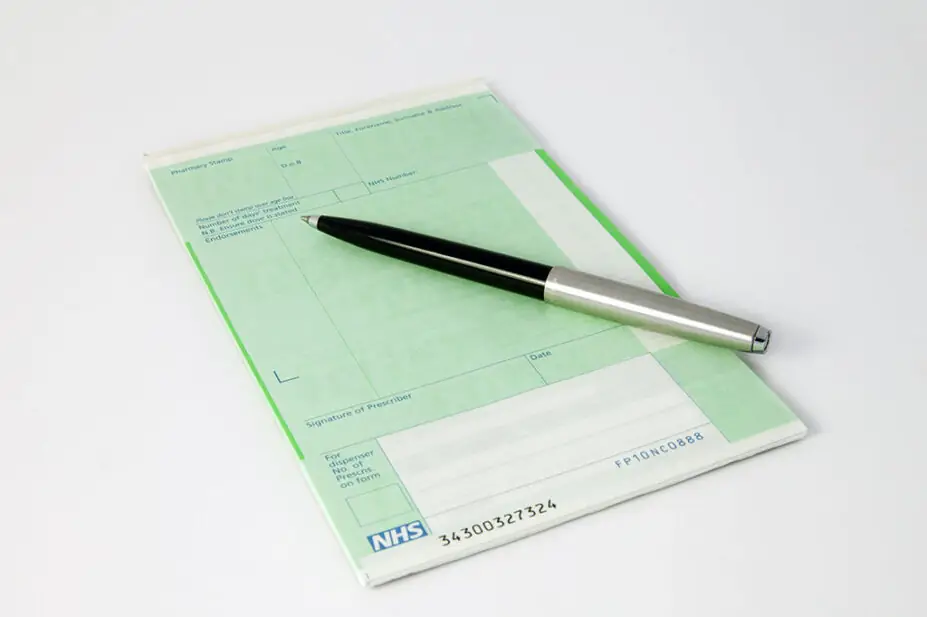
Imagedoc / Alamy Stock Photo
A consultation on allowing community pharmacists to amend prescriptions in the event of a medicines shortage should be published by summer 2025, the Department of Health and Social Care (DHSC) has said.
The plans were outlined in a written response from the DHSC, published on 28 March 2025, to a coroner’s ‘Prevention of future deaths‘ report (PFD), following the death of two-year-old Ava Grace Hodgkinson who died of sepsis.
Responding to the coroner’s report, the minister with responsibility for medicines regulation, pricing and supply at the DHSC — who’s name was redacted from the government’s reply — noted that currently, dispensing must be in accordance with a prescription, “with some very limited exceptions (e.g. serious shortage protocols and more recently introduced original pack dispensing)”.
The response said that the minister was “committed to my officials exploring new flexibilities” under the Human Medicines Regulations 2012.
It added: “There has been a recent programme of engagement, since December 2024, as part of which my officials have discussed possibilities with stakeholders, such as GP representatives, pharmacy bodies and patient groups.
“The stakeholder feedback has been sufficiently positive that the government is minded, subject to the normal machinery of government clearance processes, to proceed to a formal, public consultation.
“Subject to the normal clearances, my officials aim to publish this by summer 2025.”
The minister said that they expected the consultation to consider “whether or not the flexibilities should be limited to cases of immediate clinical need where it is impractical to obtain a prescription for the alternative medicine without undue delay”.
In the PFD report, published on 10 January 2025, Christopher Long, coroner for Lancashire and Blackburn with Darwen, said that Ava’s GP had prescribed amoxicillin with a dose of 250mg/5ml; however this was not in stock at the pharmacy.
The pharmacy “did have amoxicillin 125mg/5ml in stock but could not issue this as restrictions currently in place prevent a pharmacist issuing any different strength of medication without an amended prescription, even where the medication can be provided to enable the same dose to be administered”, Long added.
Long said that these restrictions led to a delay in Ava receiving antibiotics.
Commenting on the DHSC response, Claire Anderson, president of the Royal Pharmaceutical Society (RPS), said: “Every day we see the impact of medicines shortages, which can pose a risk to patients and are adding further pressure onto pharmacists.
“RPS has long called for changes to the law so that pharmacists can be empowered and supported to do the right thing for patients. This would improve patients’ experience, use pharmacists’ expertise, and save time for GPs.
“These proposals have already been backed by patient groups, pharmacy bodies and GPs and I look forward to the government consulting on this issue as soon as possible.”
In a report, published in May 2024, the House of Commons Health and Social Committee recommended that “regulations are updated within three months to allow pharmacists in community settings to make dose and formulation substitutions for out-of-stock items, subject to the safeguards set out in the RPS’s medicines shortage policy”.
The report also highlighted evidence from the RPS that called for pharmacists to be able to make prescription substitutions for a different quantity, strength or formulation, and for generic substitutions when medicines were unavailable.
The RPS had “explained that such substitutions ‘are used in Scotland for medicines on the recognised shortages list’ and ‘in Wales, the All-Wales Pharmacist Enabling and Therapeutic Switch Policy enables pharmacists to make certain changes to prescriptions without contacting the prescriber’”, according to the report.


